Parents want school choice in Missouri
As parents across the country get more involved with our children’s education during the pandemic, more and more families are recognizing the importance of school choice policies.
In fact, a recent national poll conducted by the American Federation for Children found wide support for school choice policies across the country. According to the poll, 69% of respondents supported the idea of letting parents use tax dollars designated for their child’s education to send the child to a public or private school that best serves the child’s needs. Additionally, 73% of respondents supported using a portion of those funds for home, virtual, or private education if public schools do not reopen for in-person classes as a result fo the pandemic.
But how do parents in Missouri feel about school choice issues?
Two recent surveys in the state show support for school choice, but also a lack of understanding over what school choice actually means.
New survey released by the PRiME Center
The most recent survey, released by the PRiME Center last week, shows strong support for open enrollment, medium support for charter schools, and about half of the respondents supporting private school choice initiatives.
The PRiME Center and YouGov interviewed 900 likely voters between June 23 and July 1, 2020, and found that two-thirds of the respondents supported the idea of open enrollment policies. Open enrollment allows students to attend the public school of their choice, whether it be a different school in their district or a school in another district.
The PRiME Center also found a lot of confusion among Missouri voters over what a charter school actually is, with a majority of respondents (60%) incorrectly considering charter schools as private not public schools. The truth is that charter schools are public schools open, for free, to any student living in a district where they are available.
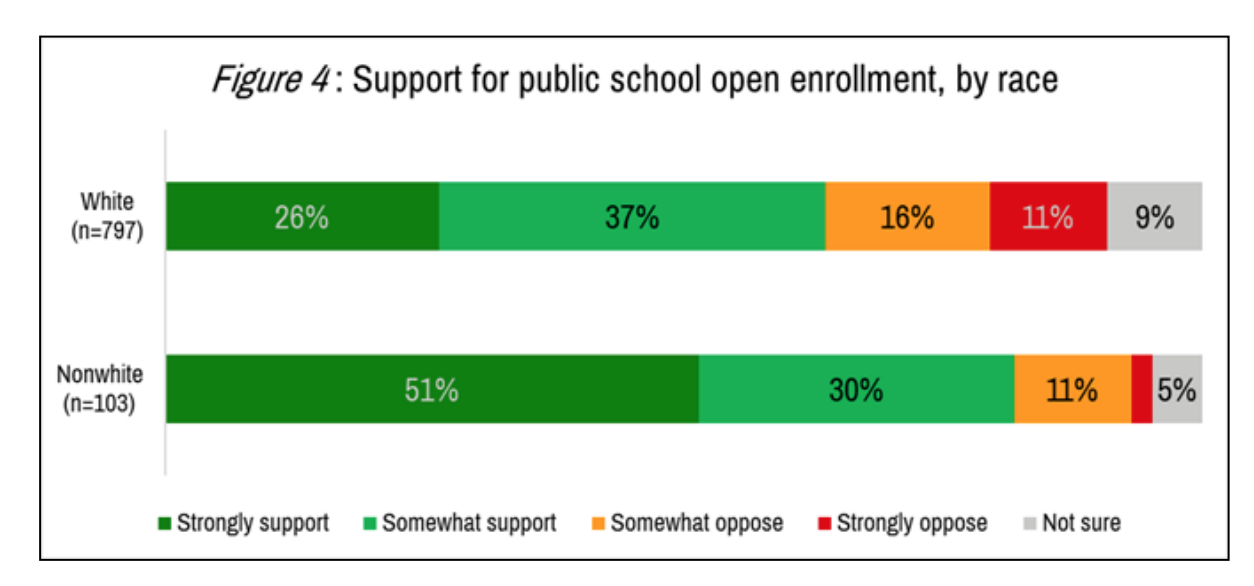
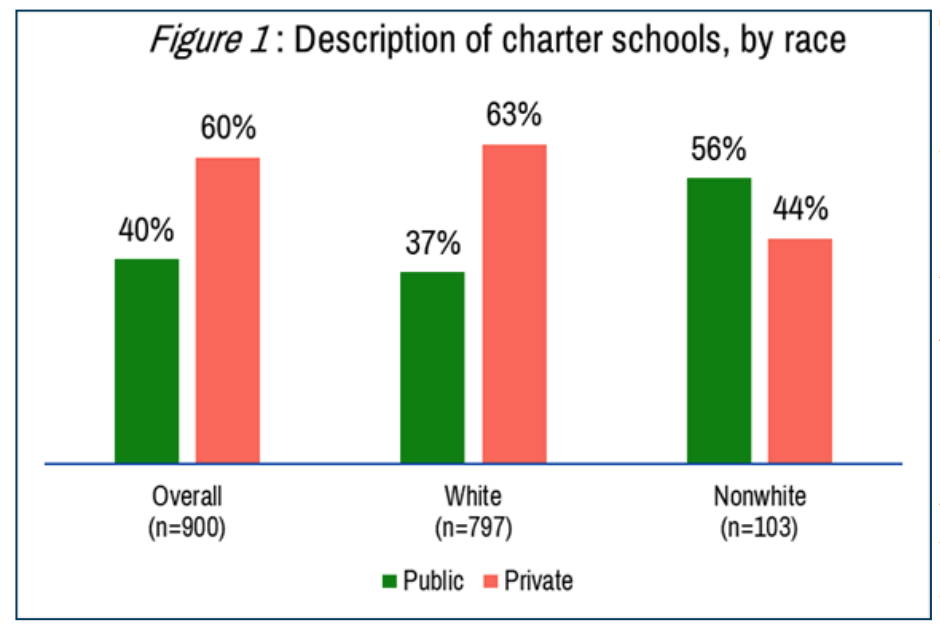
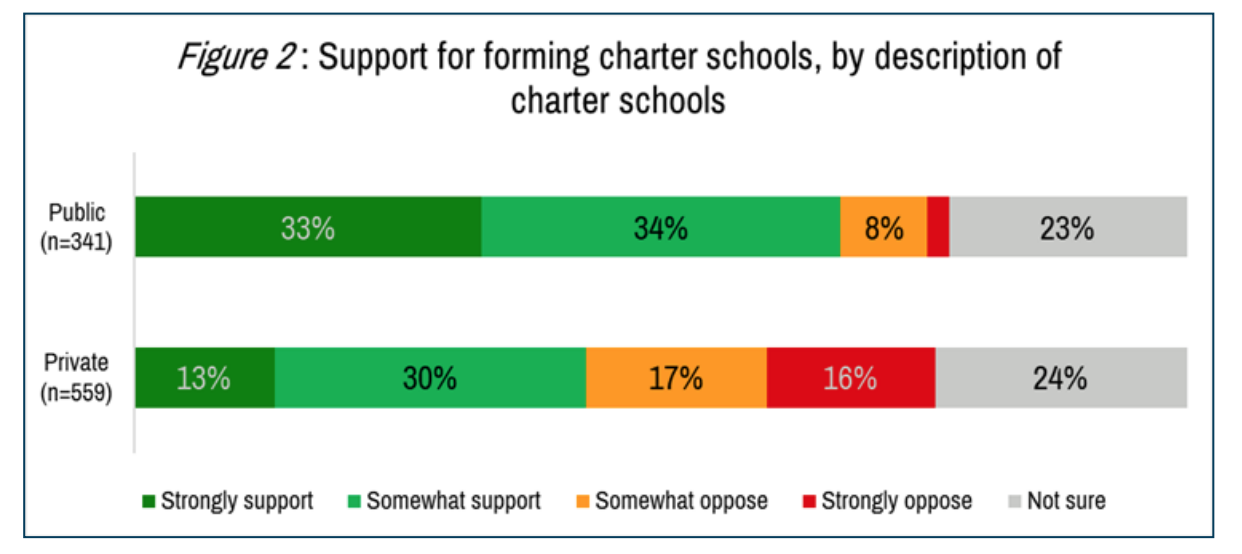
That misinformation makes a big difference when it comes to supporting the expansion of charter schools, according to the survey, with 67% of those who correctly identified charter schools as public supporting more charter schools opening compared to only 43% of those who incorrectly identified charter schools as private schools supporting expansion.
On the issue of private school choice, the PRiME Center focused on the idea of using tax-funded scholarships, which implies the funding would come directly from the state and differs from the Empowerment Scholarship Account’s (ESA) that have been proposed in recent years that would depend on tax-credit based donations to fund scholarships.
Even with this discrepancy, the survey found that almost half of Missouri voters (46-47%) supported the idea of directly funding private school scholarships with tax-funding, even if those funds went to religious schools.
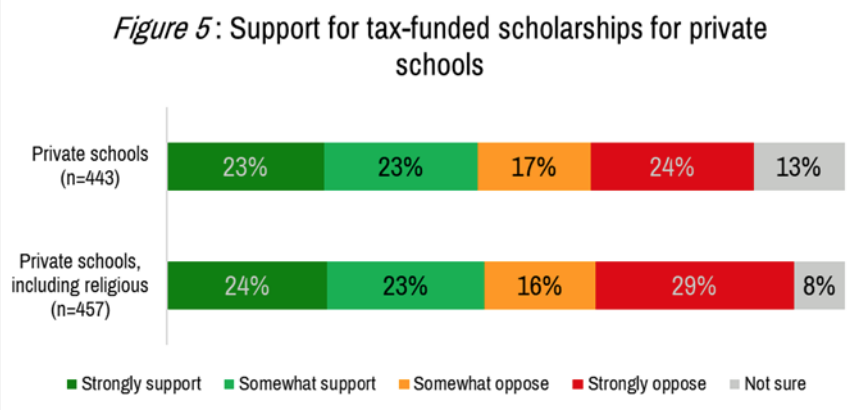
EdChoice poll shows more support for private school choice
Results from a running EdChoice poll show that when private school choice, as proposed in Missouri, is explained to voters support grows to 61 percent.
Their running poll, which surveys 311 Missourians, asked two questions, one with no description of what an ESA is (resulting in only 40% approval) and one describing how ESAs are funded and how parents can use them (resulting in 61%) approval.
EdChoice also asked about the idea of giving families government-funded vouchers they can use to pay for private school tuition. In the EdChoice poll, 53% of respondents supported the idea of vouchers when they were told how vouchers would work and would be funded compared to only 34% with no description.
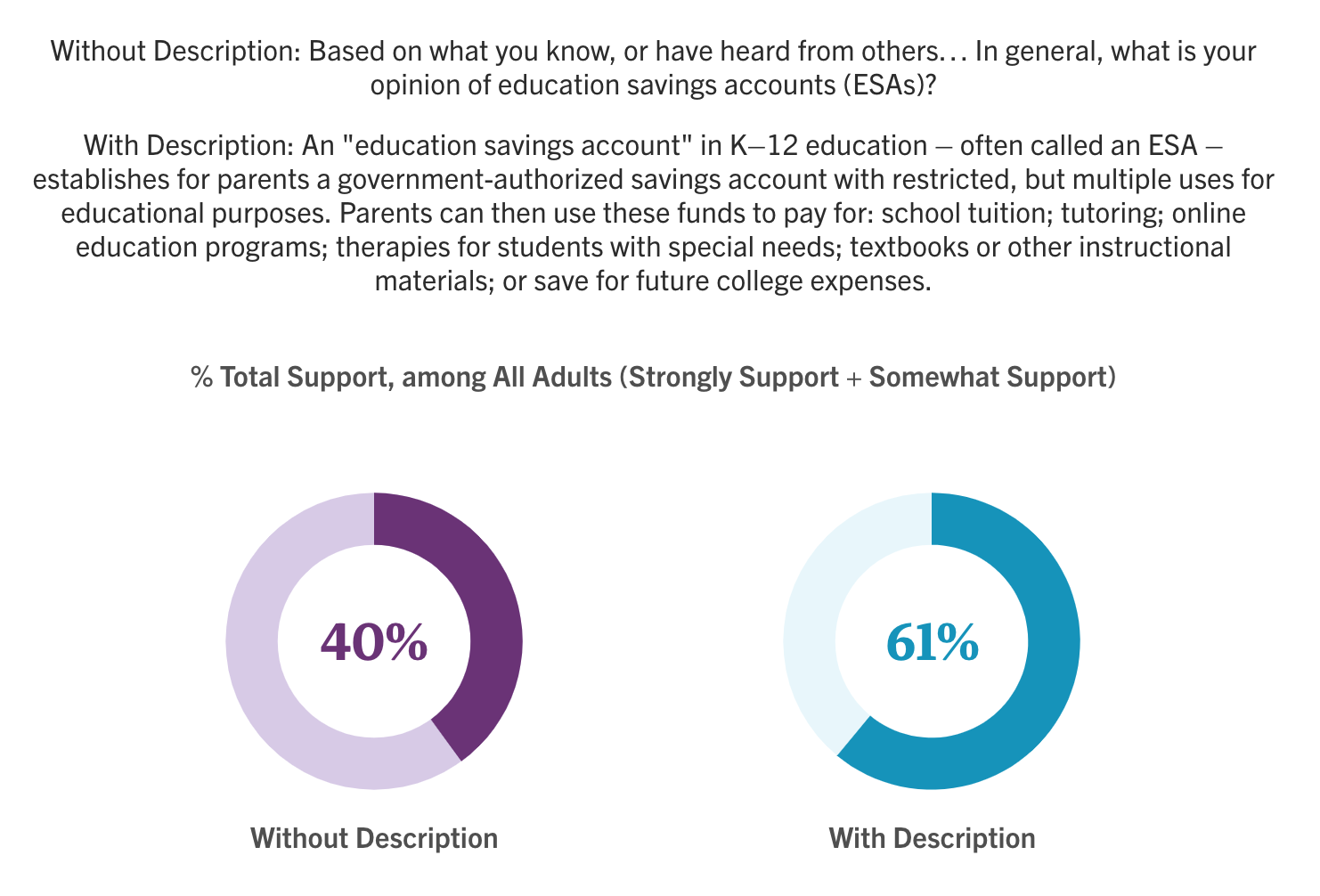
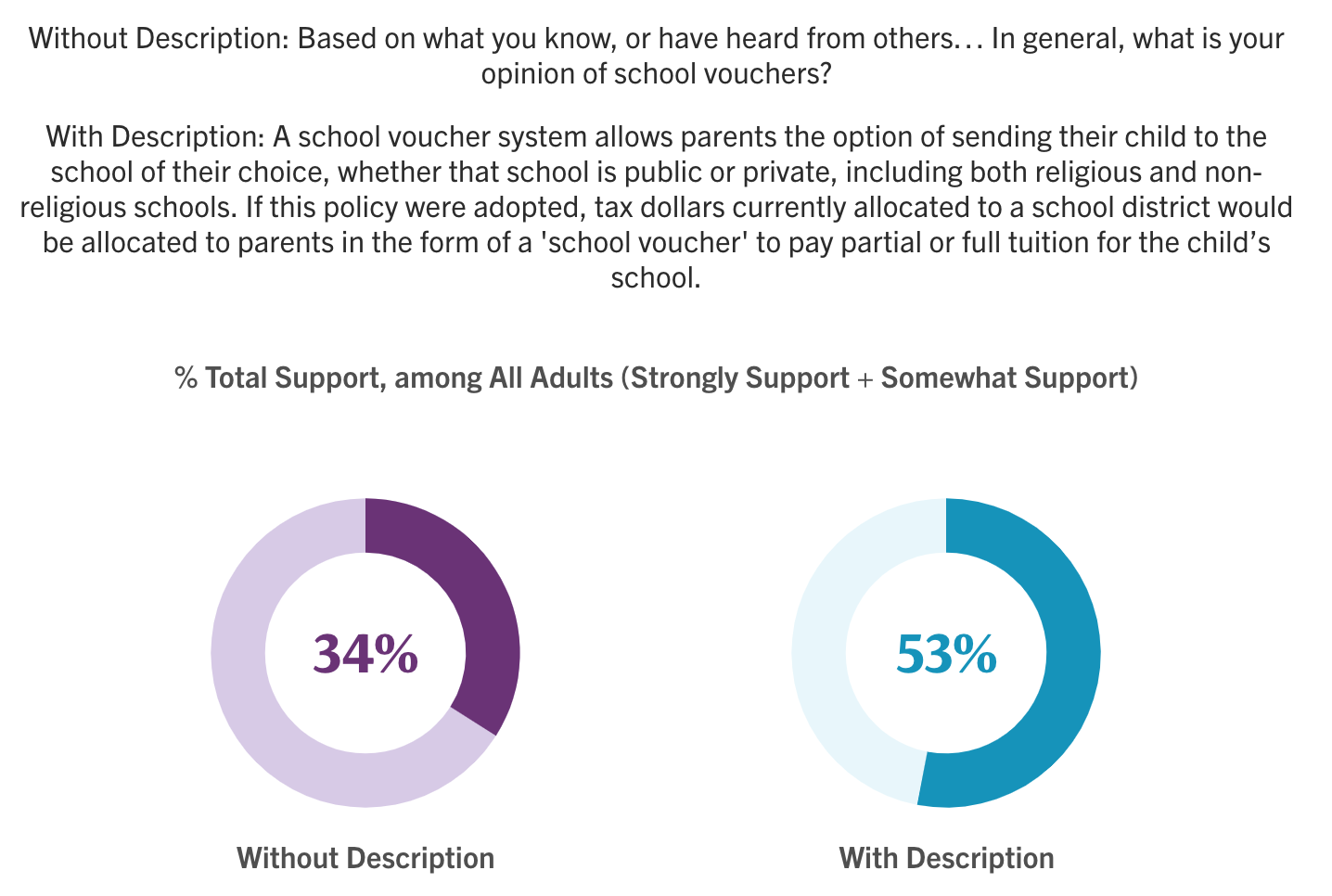
What does this data tell us?
When looking at the results of three polls together, it is clear that parents want more control over their children’s education and that there is clear support for funding to follow a child to a school that meets their specific needs.
What is also clear is that school choice supporters and advocates need to do a better job of informing parents and the general public about what school choice really means.
We need to make sure that people know that it is about making sure that children, regardless of where they live or how much their family makes, have access to a quality education.
It is way too easy for those working to preserve a centuries-old system that is designed on a cookie-cutter, assembly-line approach to educating our children to scare people with basic arguments that school choice is about privatizing education and stealing money from our kids.
But as these polls show, support for school choice swings the other way when people actually understand that it is about funding students and not systems, and about breaking down long-standing inequities.
« Previous Post: New charter school approved for St. Louis area
» Next Post: Can we fix our reading problems in Missouri?